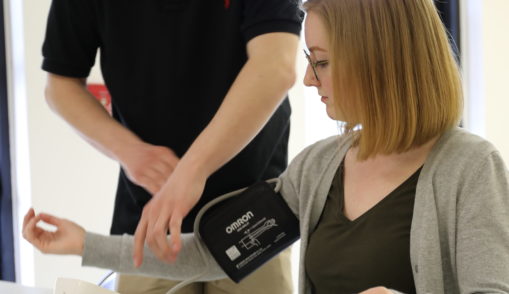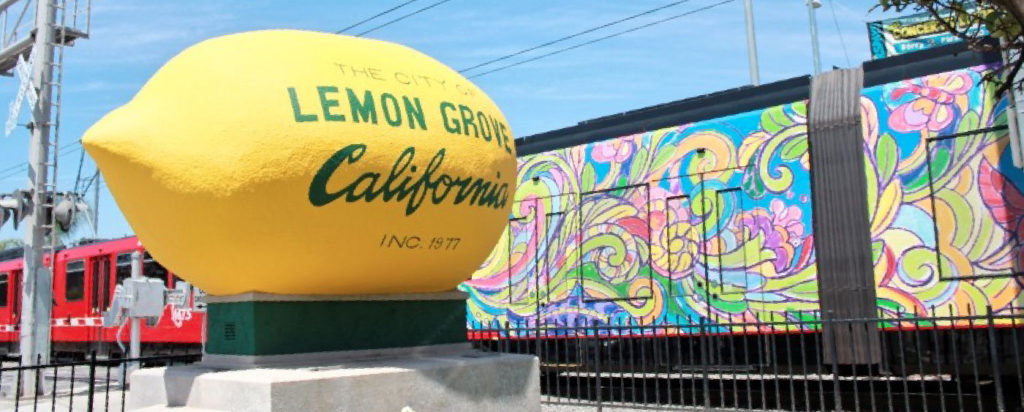School cafeterias generate a significant amount of wasted food. An estimated 30 to 50 percent of edible food in schools is not eaten by students and is instead sent to landfills or composting facilities. The purpose of this project is to work with Auburn School District to gather and analyze data from schools in the […]
Read More… from School District Food Waste Prevention Outreach and Education
Pet waste has been identified as a likely source of high levels of fecal coliforms in a tributary to the White River. This tributary is downhill from a large residential area. The aim of this project will be to educate these residents about the issues associated with improper disposal of pet waste. Read the final […]
Read More… from Storm Utility T Basin – Pet waste
Improper disposable of fats, oils, and grease (FOG) and “flushable” cleaning wipes can cause clogging issues, and improper disposable of pharmaceuticals can cause downstream environmental issues. Greater amounts of FOG and rags have been identified downstream of large areas of rental housing than of single family residences. The aim of this project will be to […]
Read More… from Sewer Utility Wastewater Discharge Behaviors
Auburn’s neighborhoods are quite distinct from each other. Residents may or may not associate themselves as from Auburn or as part of their neighborhood. This project will have students assess how communities see themselves, using mapping and a community survey to look across the whole city. This will allow for future connection to other LCY […]
Read More… from Community Place-making

Technion Social Hub Website | http://socialhub.technion.ac.il/en/english-page/ The Social Hub is an academic unit of the Technion that specializes in research, education, and technological involvement in the community. The Social Hub promotes a social agenda grounded in theories and technological applications that is aimed at enabling Israeli society to contend with its social and economic challenges […]
Read More… from Israel Institute of Technology
Durban EPIC Following the African regional EPIC-N training in November 2017, the City of Durban and the University of KwaZulu-Natal began implementing the Durban EPIC pilot project within the Durban Research Action Partnership. The Durban EPIC pilot project connects Environmental Planning and Climate Protection Department (EPCPD) from eThekwini Municipality (city of Durban) and related departments […]
Read More… from University of KwaZulu-Natal

Like much of the U.S. and the State of Indiana, Lawrence County faces a challenging opioid epidemic. In 2016, the state declared a public health emergency in response to rising hepatitis C rates and the county averaged nearly 50 nonfatal overdose visits to local emergency rooms per 100,000 people, according to the Indiana State Department […]
Read More… from Rural Indiana county launches new strategies

Lemon Grove, California, has suffered a budget shortfall for many years. Over 10 years ago, general fund reserves fell 19 percent and soon the city was slashing positions, merging its management personnel in the fire department with nearby cities, eliminating its recreation department, and reducing services like street sweeping and animal control. Things have not […]
Read More… from Five comprehensive development plans provide service opportunities in the midst of budgetary woes


